Advances in Library Computerisation
The book discusses, at length, computerisation using different ways and means, for example, by using in-house systems, available commercial softwares, or open source softwares like Koha. Now there is global trend of adopting Koha or other open source softwares. The book discusses computerisation of all library housekeeping functions with special features in detail. The book also covers the process of migration of LMS if a library decides to do so. It further discusses use of associated technologies like bar-coding and scanning technologies and networking. The library computerisation should always conclude with designing a library website, so this topic has been given good weightage in the book which explains the designing of library websites with formal programming techniques and tools, as well as by using CMS (Content Management Systems) like Joomla and Drupal. The book has further introduced the concept of developing library mobile website. The book also covers the process of migration of LMS if library decides to do so. The book concludes the topic of computerisation with the very latest topic on transforming library catalogues into future cataloguing format e.g. BIBFRAME (Bibliographic Framework) devised by LOC (Library of Congress), which is replacing an age old MARC data format by using Resource Description and Access(RDA), which is the revised version of AACR-2 style, and by creating open linked data structures of the catalogue data using RDF (Resource Description Format). With this new format it would be possible to search a library catalogue directly on the web, which had remained isolated only with the library and was away from web world. This book would go a long way in explaining and familiarising the students, teachers, and librarians with the concept and process of library computerisation.
Get it now and save 10%
BECOME A MEMBER

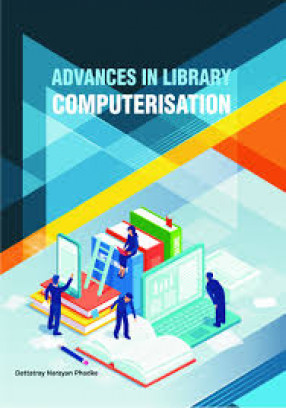
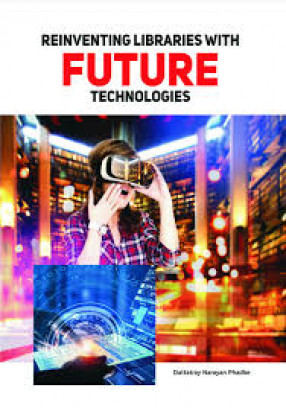
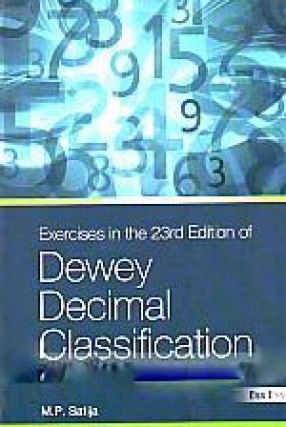
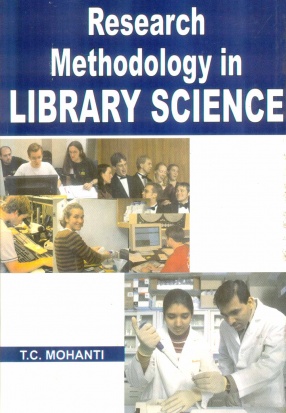
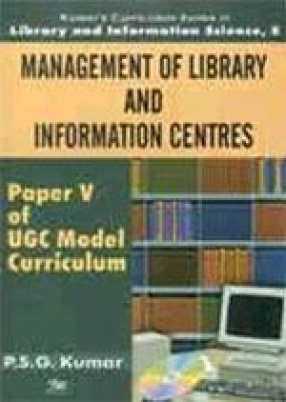
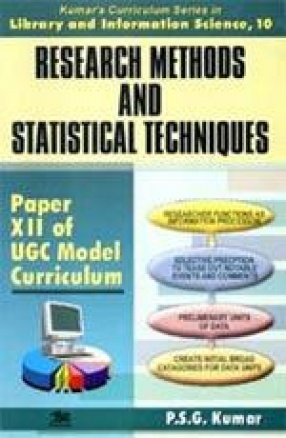

Bibliographic information